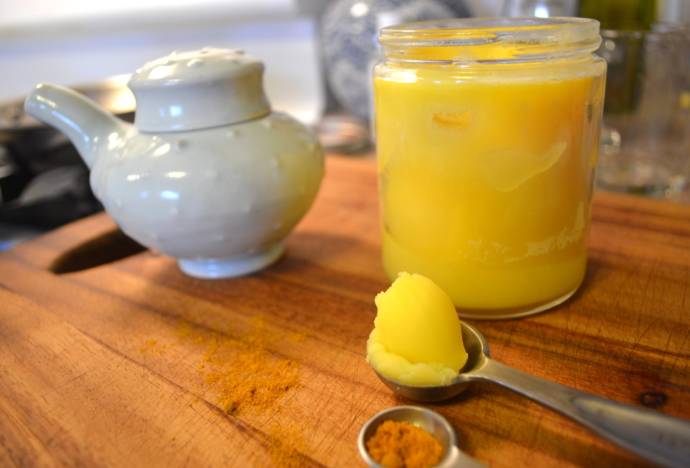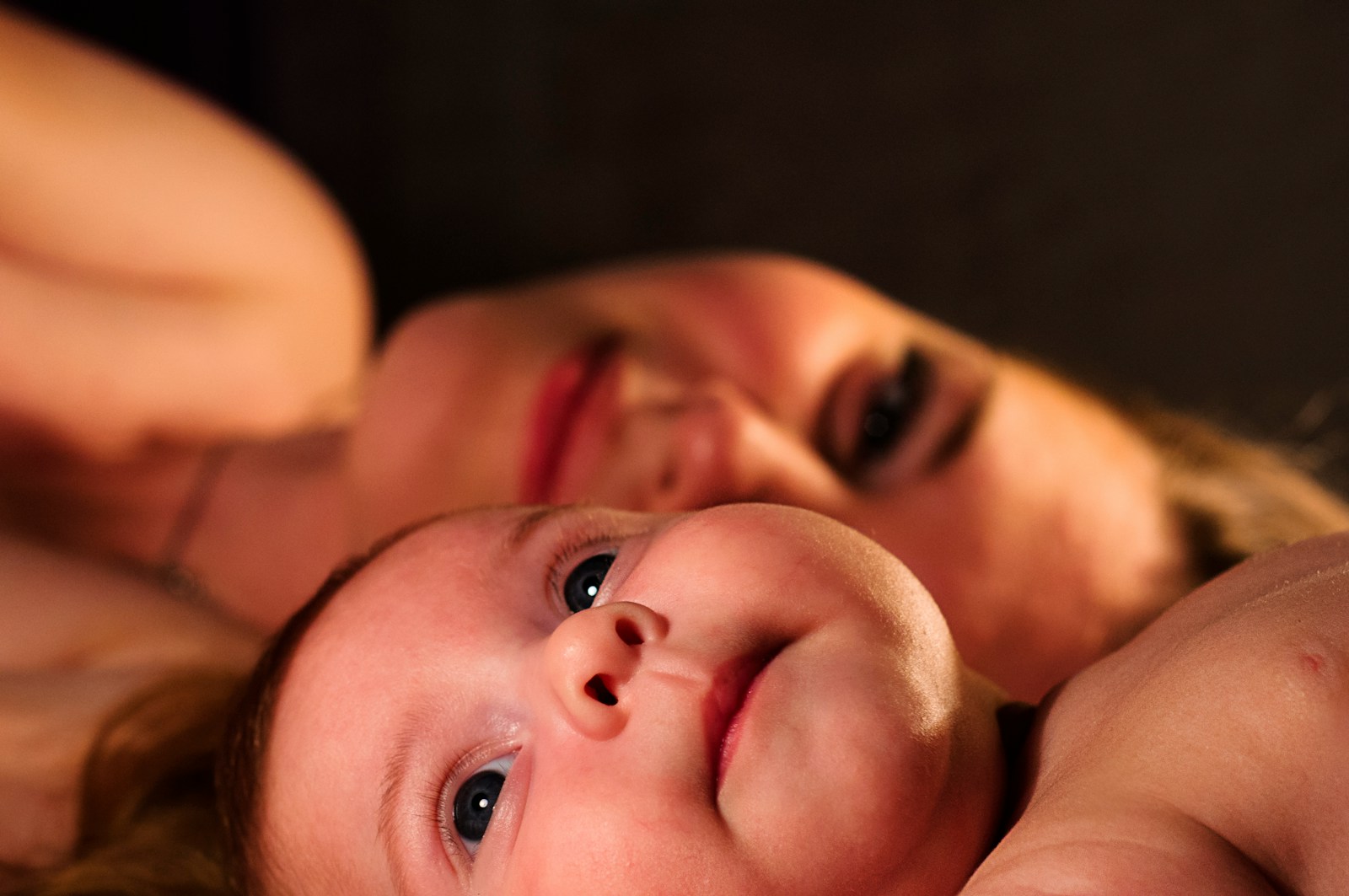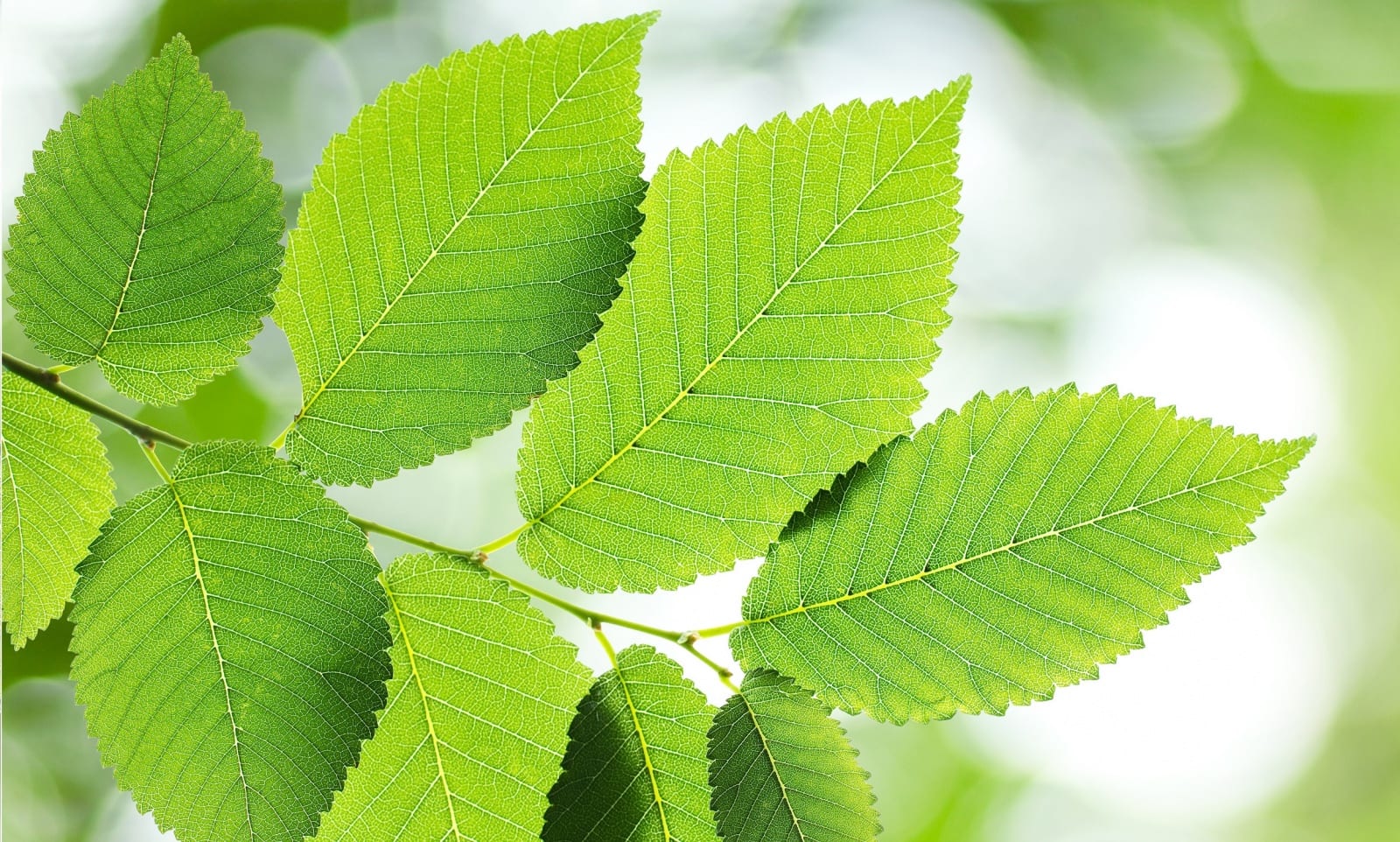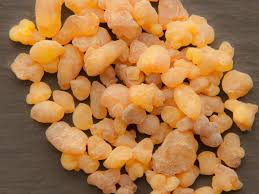Consuming ghee during last trimester of pregnancy? The real story behind the myth
Ghee or clarified butter is known to be a laxative and is believed to help induce labor in women who have not entered the stage yet. Drinking ghee can irritate the bowels and is thought to be a way to lubricate the uterus for a smoother delivery. But this is completely a myth that is widely popular amongst people of older generations. There is little to no relevance to this line of thought and while consuming ghee or ghee based products is not harmful for the mother, there is no correlation between the consumption and any aid in pregnancy or childbirth.
Common ghee consumption myths
There are a number of myths surrounding the consumption of ghee during your pregnancy, here are some of the things you need to keep in mind.
- It can help to keep the body warm and nourish it.
- It can help to act as a laxative and can help with easing the uterus.
- It can boost brain development of the baby
- Ghee can help to lubricate the vagina and ensure a smoother delivery.
- It can help relieve constipation and improves digestion.
Is ghee necessary for your dietary requirements?
During your pregnancy, it is imperative for the mother to consume a balanced diet with all the necessary nutrients that is required by you and your baby, however, it is completely possible to attain such a diet without the inclusion of ghee and thus, it is not a must in your diet.
The latest researches in the field of pregnancy and nutrition has concluded that the dietary requirement of a pregnant mother is increased by just 200 calories during the last trimester of pregnancy. While doctors suggest you consume an extra 300 calories during the 2nd and 3rd trimesters of the pregnancy. However, this depends on the weight and health conditions at the time and it is necessary that you get the opinion of your doctor and follow that to ensure that you get all the nutritious requirement you and your baby needs.
Even if your dietary requirements call for extra calories, it can be a good idea to fill the quota with a better-balanced diet and not just with fat. Drinking ghee, which mostly contains fat and not a lot of nutrients, can be a bad idea for your health and the health of the baby.
Ghee in moderate quantities
While it is not recommended that you drink straight up ghee during your pregnancy, it can definitely help provide you with some extra energy if you are constantly tired. Though it is not a good idea to drink ghee, it is a little healthier than oil or butter as it is a little easier to digest than butter and can boost metabolism. If you are looking to incorporate some ghee into your diet, you can use it as a substitute for oil or butter in your existing diet and is not unsafe for consumption. If you are craving a little bit of ghee, go for it.
Ghee and the risk of obesity
If you are consuming ghee, one of the things you need to understand is that it can be a contributor to obesity. Obesity can be really difficult during pregnancy. Since during this period, the exercise you get is definitely reduced and the body’s metabolism slows down, it can affect your ability to lose the pregnancy weight post-pregnancy. It can lead to a storage of fat in your abdomen area and can cause severe diarrhea, which leads to issues like nausea, dehydration, weakness, all of which can be complicate your pregnancy and can harm you and the baby.
While consuming a little bit of ghee during your pregnancy is completely fine, it does not provide any benefit per se. In fact, it can be quite harmful for both the mother and the baby as it promotes risk of obesity and other health concerns. Instead of consuming ghee, it may be advisable to consume a better-balanced diet full of fiber, proteins and nutrients, which imparts the same amount of nutrients and the extra calories your body needs, without the extra fat and unhealthy calories that ghee provides. During your pregnancy, it is crucial to keep an eye on the diet you are consuming to ensure you and your baby stay healthy.





